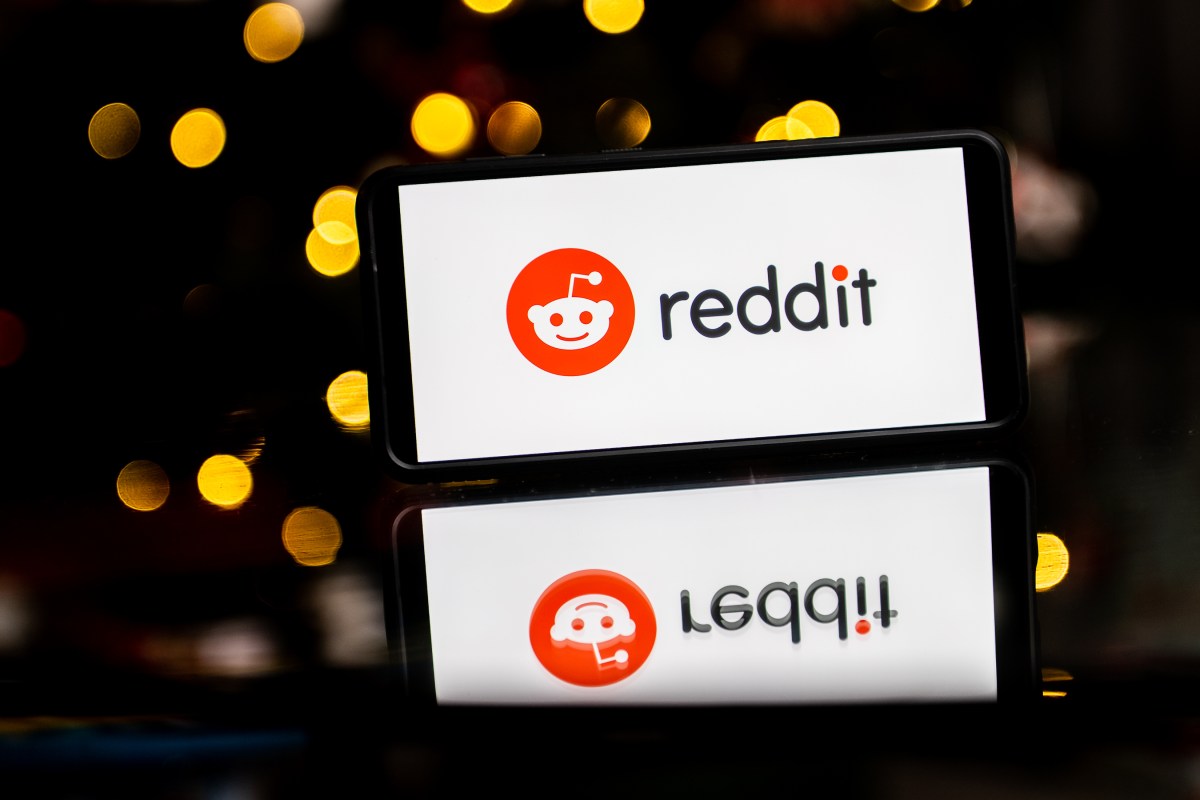Cloudflare CEO warns AI and zero-click internet are killing the web's business model
-
This post did not contain any content.

Cloudflare CEO warns AI and zero-click internet are killing the web's business model
It's been known for some time that the web is changing into the Zero-Click Internet, the name for when users no longer need to click on links...

TechSpot (www.techspot.com)
-
This post did not contain any content.

Cloudflare CEO warns AI and zero-click internet are killing the web's business model
It's been known for some time that the web is changing into the Zero-Click Internet, the name for when users no longer need to click on links...

TechSpot (www.techspot.com)
Hey Siri, insert the Donald Glover “GOOD.” meme.
-
This post did not contain any content.

Cloudflare CEO warns AI and zero-click internet are killing the web's business model
It's been known for some time that the web is changing into the Zero-Click Internet, the name for when users no longer need to click on links...

TechSpot (www.techspot.com)
The web doesn't have a business model, cloudflair, you do. And nobody cares because you suck.
-
This post did not contain any content.

Cloudflare CEO warns AI and zero-click internet are killing the web's business model
It's been known for some time that the web is changing into the Zero-Click Internet, the name for when users no longer need to click on links...

TechSpot (www.techspot.com)
-
Yeah I think we're going to be grappling with this issue for at least the next decade. The traditional web model falls apart under AI
To be fair, the traditional web models were falling apart prior to AI as well. We’ve gone so far past “ad driven” that Everything has to be full of ads and clickbait to drive revenue just to run the infrastructure, let alone pay for the pages creation and upkeep. Journalists and developers, services and goods are all using adword soup to try to get anything close to a useful revenue stream and it’ll just keep getting worse until we figure out a better business model. We’re going to increasingly see paywalls to try to make up for that, but a large part of people on the internet won’t want to spend money on quality sources when they use to be able to get it for free. It’s been a race to the bottom for a while and it’s at a point that isn’t sustainable long term. AI just accelerates that to the next level.
-
The web doesn't have a business model, cloudflair, you do. And nobody cares because you suck.
Eh, Cloudflare provides a pretty good service for a very reasonable price.
But yeah, the web doesn't have a business model in the same way a town square doesn't, yet you can make a business work in both areas. Make a compelling product and people will pay you for it.
-
This post did not contain any content.

Cloudflare CEO warns AI and zero-click internet are killing the web's business model
It's been known for some time that the web is changing into the Zero-Click Internet, the name for when users no longer need to click on links...

TechSpot (www.techspot.com)
It needs to get even nastier so that it affects all the big players in a huge way so they get to do something about it. While it only affects the indie web we are all just gonna keep suffering.
-
This post did not contain any content.

Cloudflare CEO warns AI and zero-click internet are killing the web's business model
It's been known for some time that the web is changing into the Zero-Click Internet, the name for when users no longer need to click on links...

TechSpot (www.techspot.com)
When Google itself is the one stopping you from clicking on a website you've got a problem.
-
Hey Siri, insert the Donald Glover “GOOD.” meme.
Uhh, dude. Haven’t you heard that Siri is basically useless?
Maybe that’s why she just typed this post instead of inserting the meme.





